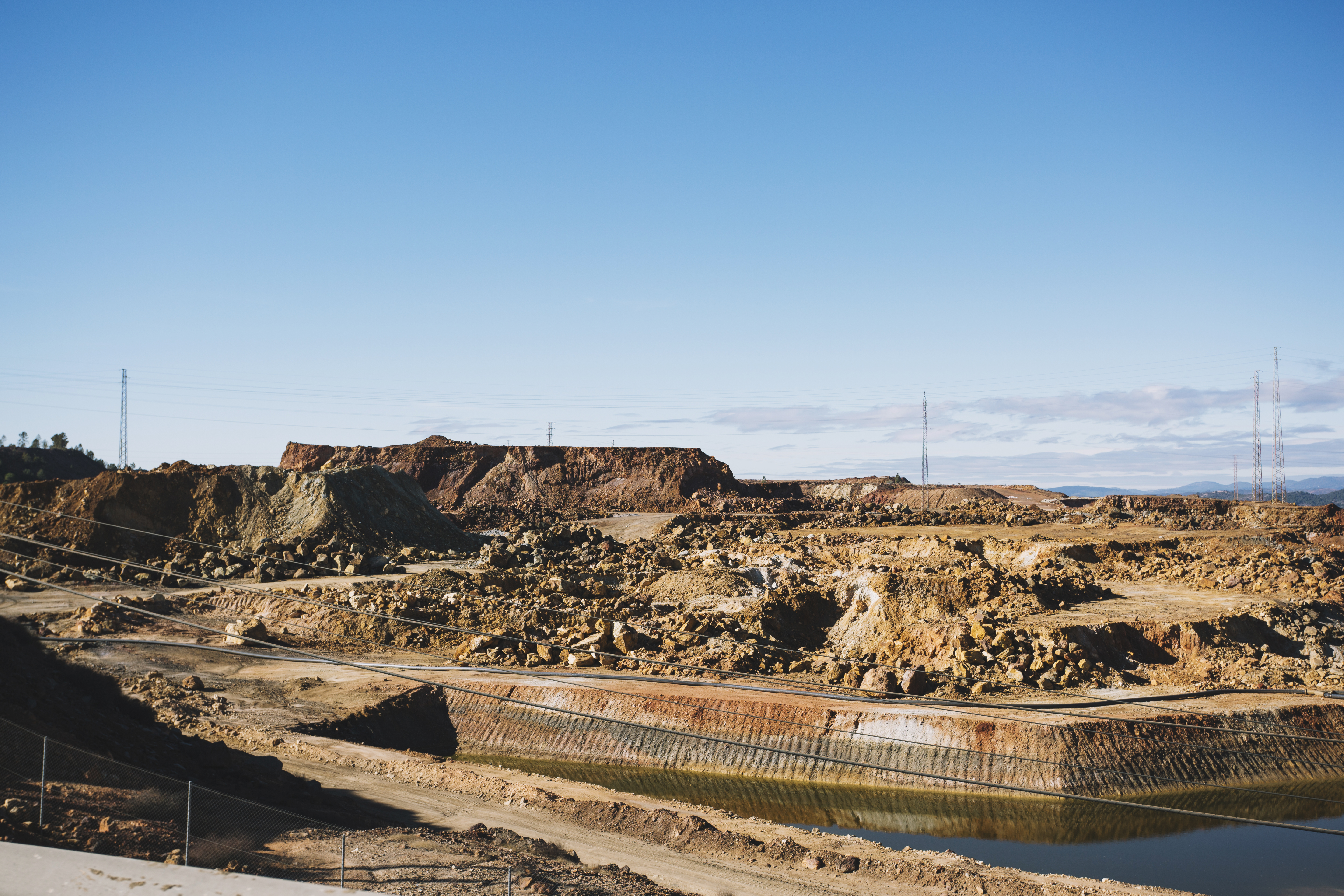
Geotechnical engineering is a cornerstone of civil engineering, playing a vital role in ensuring the safety, resilience, and sustainability of infrastructure through the analysis of subsurface conditions, soil behavior, and groundwater interactions. In Rwanda, where rapid urbanization and population growth have intensified construction on geotechnically complex terrains such as peat soils, steep slopes, and seismic zones, the neglect or superficial implementation of geotechnical investigations has led to recurrent structural failures, slope collapses, and costly remediation efforts that sometimes exceed initial construction budgets by over tenfold (Kibret & Tadesse, 2021). This study aimed to examine the contribution of geotechnical engineering to Rwanda’s construction sector by focusing on eight key areas: high-rise buildings, transportation infrastructure, slope stability, deep excavation, seismic resilience, mining and underground works, dam and maritime structures, and power infrastructure. A qualitative-descriptive research design was adopted, incorporating expert interviews (n=15), document analysis, and review of national case studies such as the Rusumo Hydropower Dam, Muhazi Dyke, and New Bugesera International Airport. Data were analyzed thematically to identify how geotechnical interventions have improved structural performance and risk mitigation in real-world projects. The findings demonstrate that projects incorporating advanced geotechnical solutions achieved up to 30% reductions in structural settlement, 40% fewer landslides in stabilized slopes, and significantly reduced delays and long-term maintenance costs. Furthermore, geotechnical engineers were found to play a transformative role in optimizing foundation systems, enabling construction on problematic soils, and informing disaster risk management strategies, particularly in landslide-prone and seismically active regions. The study concludes that the strategic integration of geotechnical expertise is not merely a technical necessity but a national imperative for sustainable development. Its implications extend to policy, engineering education, and climate-resilient planning. Accordingly, the study recommends formalizing geotechnical investigation requirements in national construction protocols, establishing a national geotechnical data repository, and strengthening research and professional training programs to enhance the country’s preparedness and adaptive capacity in the face of environmental challenges.



